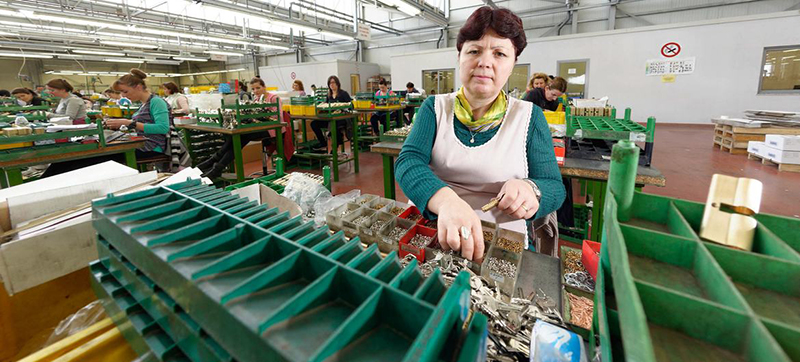 Global Recession
Global Recession New York: Finding a decent and well-paid job is likely to be harder this year, thanks to the continuing global economic downturn, the UN labour agency said on Monday.
According to the International Labour Organization (ILO), global employment is set to grow by just one per cent in 2023, which is less than half last year’s level.
The number of people unemployed around the world is also expected to rise slightly, to 208 million.
This corresponds to a global unemployment rate of 5.8 per cent – or 16 million people - according to ILO’s World Employment and Social Outlook Trends report.
Lower pay, fewer hours
The UN report warns that today’s economic slowdown “means that many workers will have to accept lower quality jobs, often at very low pay, sometimes with insufficient hours”.
This is likely already the case in Europe and other developed countries, thanks to the Ukraine war and the continued disruption of global supply chains, both of which are counteracting the robust stimulus packages implemented to ride out the COVID-19 crisis.
“Real wages we project for 2022 to have declined by 2.2 per cent in advanced countries and of course Europe makes up a significant proportion of advanced countries, versus a rise in real wages in developing countries,” said Richard Samans, Director of ILO’s Research Department.
Informal economy setback
An equally worrying development is the probability that efforts will be dashed to help the world’s two billion informal workers join the formal employment sector, so that they can benefit from social protection and training opportunities.
“While between 2004 and 2019 we observed decline in incidence of informality globally of five percentage points, it is very likely that this progress will be reversed in the coming years,” said Manuela Tomei, ILO’s Assistant Director-General for Governance, Rights and Dialogue.
This is because employment recovery “especially in developing countries, has been biased very much towards informal jobs”, Ms. Tomei told journalists in Geneva.
SDG on poverty under threat
The ILO report warned that as prices rise faster than wages, the cost-of-living crisis risks pushing more people into poverty. This trend comes on top of significant declines in income seen during the COVID-19 crisis, which affected low-income groups most, in many countries.
Some 214 million workers live in extreme poverty today, “in other words with $1.90 dollars a day”, Ms. Tomei explained. Although past decades have seen significant progress in poverty reduction, “many of these gains” have been wiped out by the impact of the coronavirus and the ongoing economic crisis, the ILO officer said.
“So it’s rather unlikely that by 2030 the very ambitious goal of eliminating poverty in all its forms will be met.”
The report also calculates the size of the global jobs gap to have been 473 million in 2022.
This is around 33 million more than 2019 and it is defined as a measure of the number of people who are unemployed, including those who want employment but are not actively searching for a job, either because they are discouraged or because they have other obligations such as care responsibilities.
Women overlooked
From a gender perspective, the unequal development of the global jobs market continues to be concerning, ILO’s Ms. Tomei explained.
“Serious gender gaps in terms of labour force participation, in terms of pay, in terms of social protection continue to exist…There are 290 million youth who are not in employment, or in education or in training and young women are faring much worse.”
Support Our Journalism
We cannot do without you.. your contribution supports unbiased journalism
IBNS is not driven by any ism- not wokeism, not racism, not skewed secularism, not hyper right-wing or left liberal ideals, nor by any hardline religious beliefs or hyper nationalism. We want to serve you good old objective news, as they are. We do not judge or preach. We let people decide for themselves. We only try to present factual and well-sourced news.







